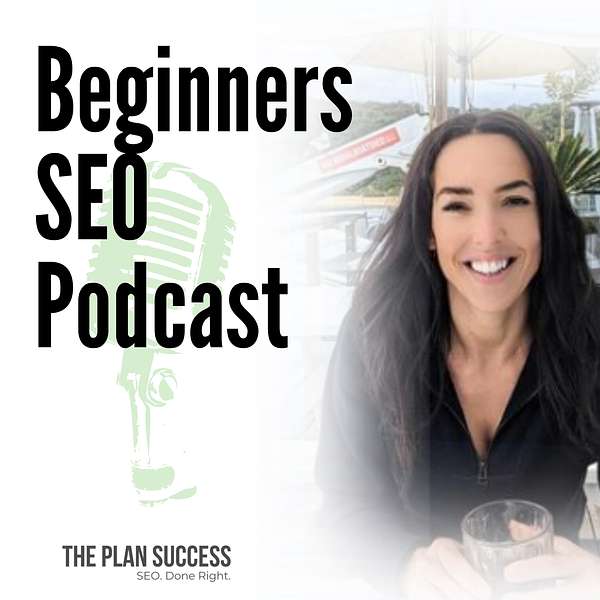
Beginners SEO Podcast
Welcome to the Beginners SEO Podcast. Perfect for all small business owners and solo marketing teams.
In each episode we're going to touch on a different aspect of search engine optimization, mainly focusing on easy SEO tips for beginners that YOU can use on your business website to grow your organic traffic.
Want to get started with your SEO now? Head to www.theplansuccess.com for free SEO tools and resources for beginners!
Beginners SEO Podcast
How Long Does SEO Take: Mini Episode
Straight to it today because I didn't see the point in dragging out one question to a 15-20 minute podcast episode!
Let's find out once and for all, how long does SEO take?
Grow your business with SEO by using the exact strategy I use with multimillion dollar companies: The Complete Beginner's SEO Course Is Here
Enroll Here!
Head to www.theplansuccess.com where you can get started on your SEO journey for free with some great free resources like the beginner's small business starter guide!
And if you're not already, follow me over on Instagram for easy SEO tips!
Website: theplansuccess.com
Instagram - @theplansuccess